AARP Hearing Center


Nine
Zoe
WHEN HER MOTHER announced that the detective was coming back to talk to them, her first thought was that they’d caught the man, but as soon as Hugh Price stepped into the kitchen, she knew they hadn’t. Her mother offered tea, which he refused, and said she’d be upstairs.
“This shouldn’t take long,” he said. “Shall we sit down?”
Her brothers chose their normal places at the table; she chose her mother’s, facing him.
“I wanted to tell you what we’ve learned so far,” he said, “and to check whether you’ve remembered anything else.”
Did it make sense, Zoe wondered, that they would remember more, not less, as the days passed?
He began by repeating what he’d told them on his first visit. Karel had finished his shift at the hospital only to discover that his bike had a flat tire. Typically he went straight home, but that morning he was meeting someone in their town. He decided to hitch. A few dozen cars passed, then a car pulled over. The driver, a man in his thirties, wore a suit. He was on his way to a meeting in Chipping Norton and would be happy to drop Karel off.
Glancing occasionally at his notes, the detective recounted their conversation. When Karel volunteered that he worked nights at the hospital, the man said he used to work as a night watchman in London. From eight p.m. to eight a.m. he had been alone in a building meant for a hundred people. Every night he was convinced that the world had ended. When his shift finished, he would step into a deserted street. Karel was saying sometimes he felt that way when the man swore—the car was overheating—and swerved into a gateway. He got out to check the boot and reappeared, holding two empty lemonade bottles. Maybe there was a water trough in the field? The man remembered seeing cows there last year.
Who remembers seeing cows? Zoe thought.
“As they stepped into the field,” the detective went on, “some rabbits ran for cover. The man raised a bottle and pretended to shoot. Suddenly Karel was sure there was nothing wrong with the car. He wanted to bolt, but he hoped if he pretended all was well, it would be. The last thing he remembers is saying he’d go and flag down a car. We’re asking everyone to look out for a blue car, with two doors and a bent aerial.”
“Did he say what kind of blue?” Duncan leaned forward, his elbows on the table.
“Sky blue. Or maybe baby blue.”
“There was a baby-blue car.”
She recognized his meditative tone; he was seeing the car in his mind.
“When? Where?” Hugh Price had been sharing his attention between the three of them. Now he focused entirely on Duncan.
“When I went to get help. One of the cars that didn’t stop.”
“Do you remember anything else about it?”
Zoe started to protest—Duncan was only thirteen—but the detective held up his hand.
“It had a wonky radio antenna. The driver braked like he was going to stop. Then he kept going, as if he didn’t like the look of me. There was a dent in the back bumper.”
“Did you see the number plate?”
This was a stretch, even for Duncan, but, surprising her again, he nodded. “Yes, it began DUN, so of course I remembered. I can draw you a picture, if that’s any use.”
“That would be very useful. One more thing. You keep saying ‘he.’ Could you see the driver? Or did you assume it was a man?”
Once again Duncan’s face turned inward, studying his memories. “I could sort of see him through the windscreen. He had brown hair and a white shirt. I felt awful for noticing when I was meant to be getting help.”
“Don’t feel awful. Would you be able to draw the car?”
While Duncan went to fetch his sketchpad, she watched the detective write a series of numbered notes.
“Why don’t you ask the public for help?” said Matthew. “Offer a reward.”
The detective made one more note. “We don’t want to alert the perpetrator. We’ve contacted every garage within a radius of fifty miles about the car.”
“So,” Matthew persisted, “do you think the man would have picked up anybody who was hitching that morning, or did it have to be Karel? Perhaps he’d been watching him. Maybe he sneaked into the hospital car park and sabotaged his bike.”
He’s been thinking about this, Zoe thought.
“Are you interested in police work?” the detective said. “We always need recruits.”
Looking both pleased and flustered, Matthew didn’t seem to notice the detective’s failure to answer his question. “I’m going to university,” he said, “if I pass my exams.”
“We’re not prejudiced against higher education. I studied anthropology.”


























































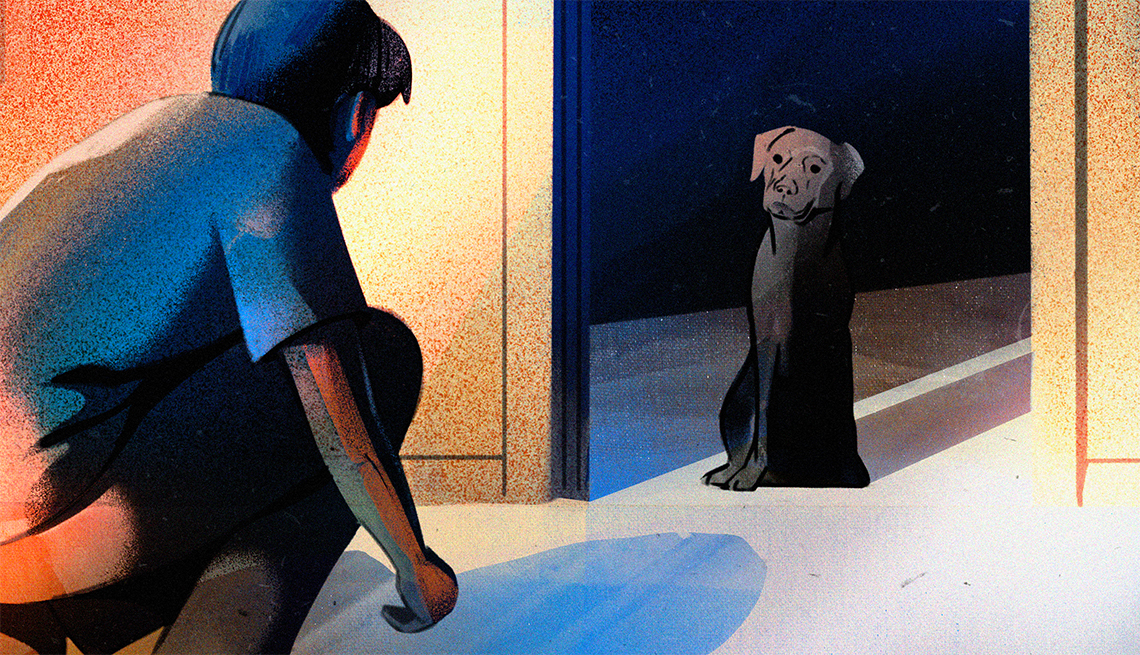
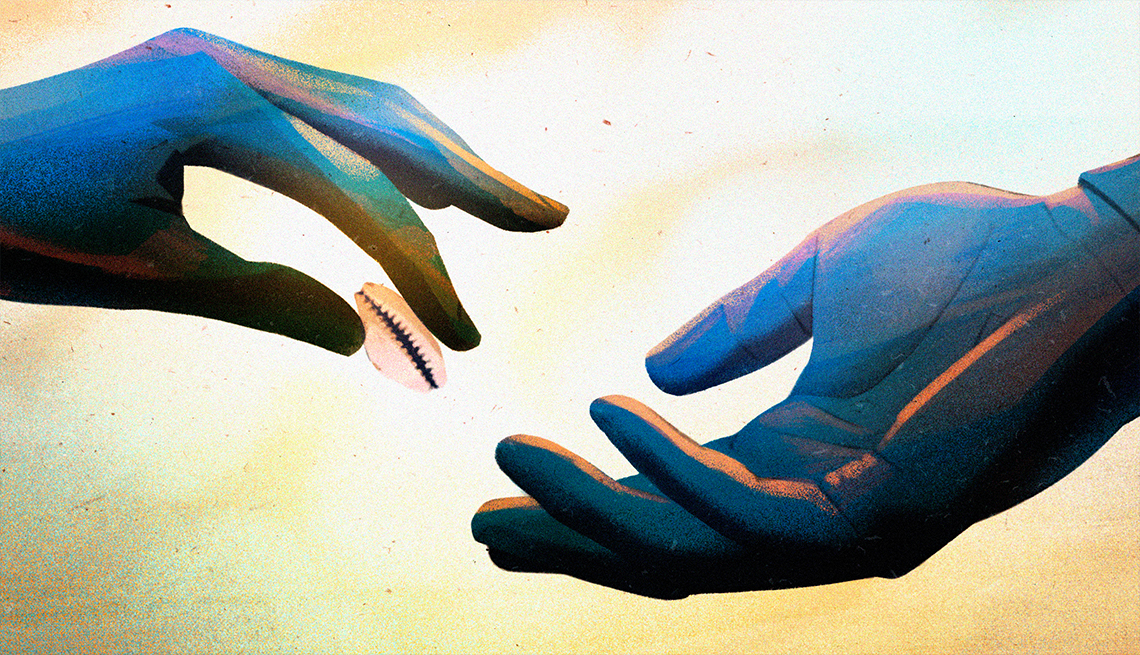
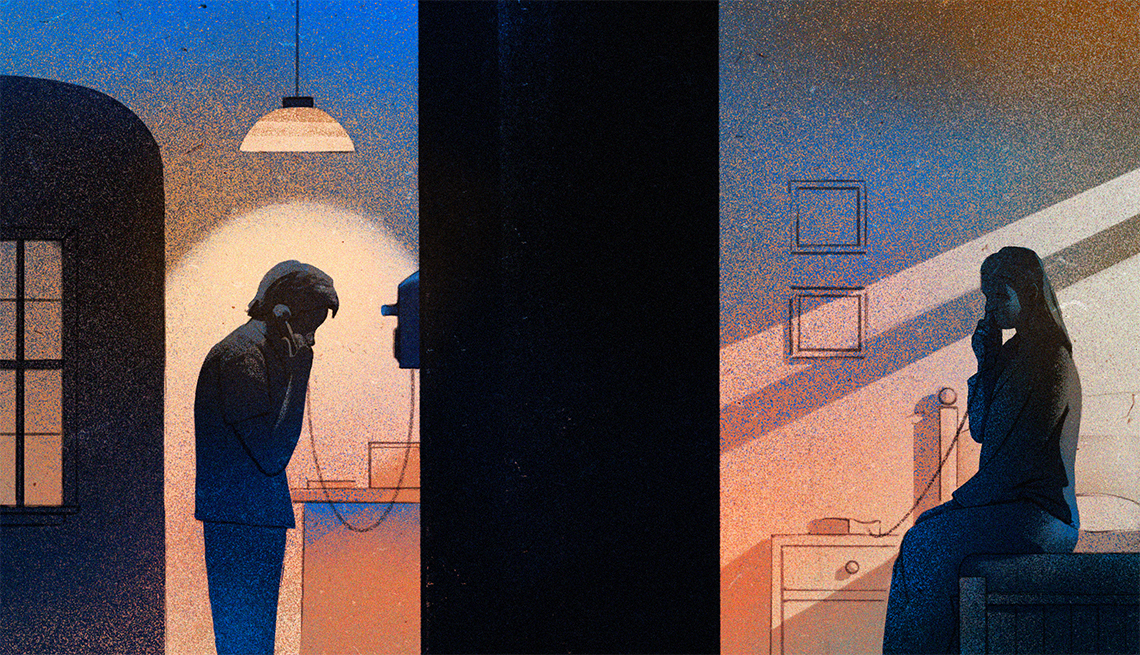
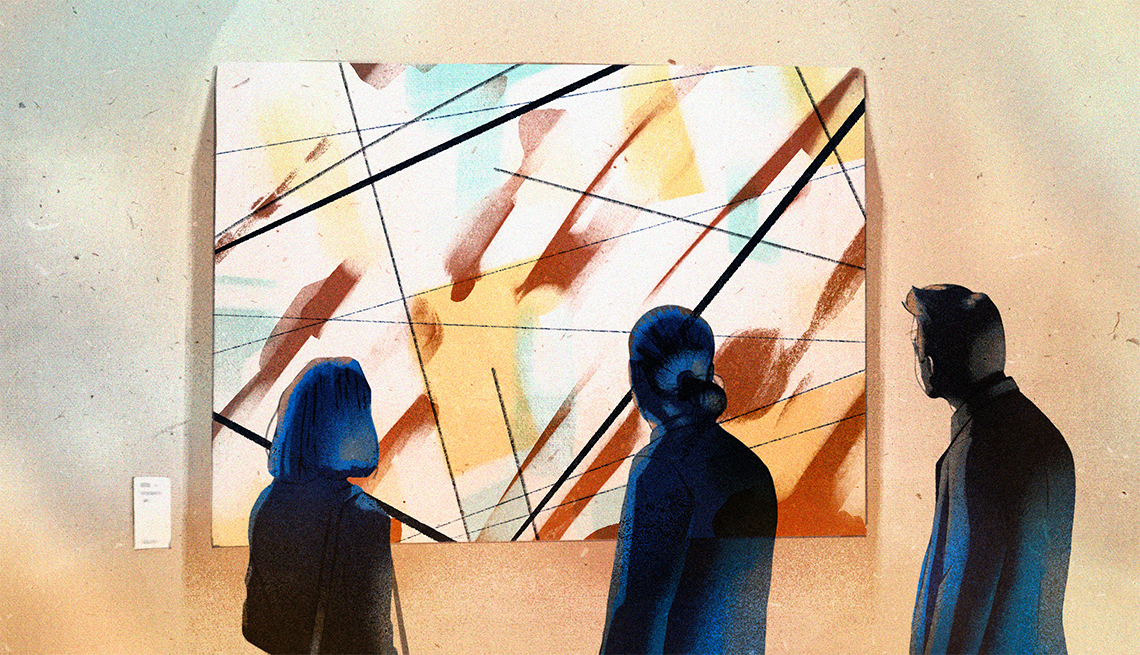
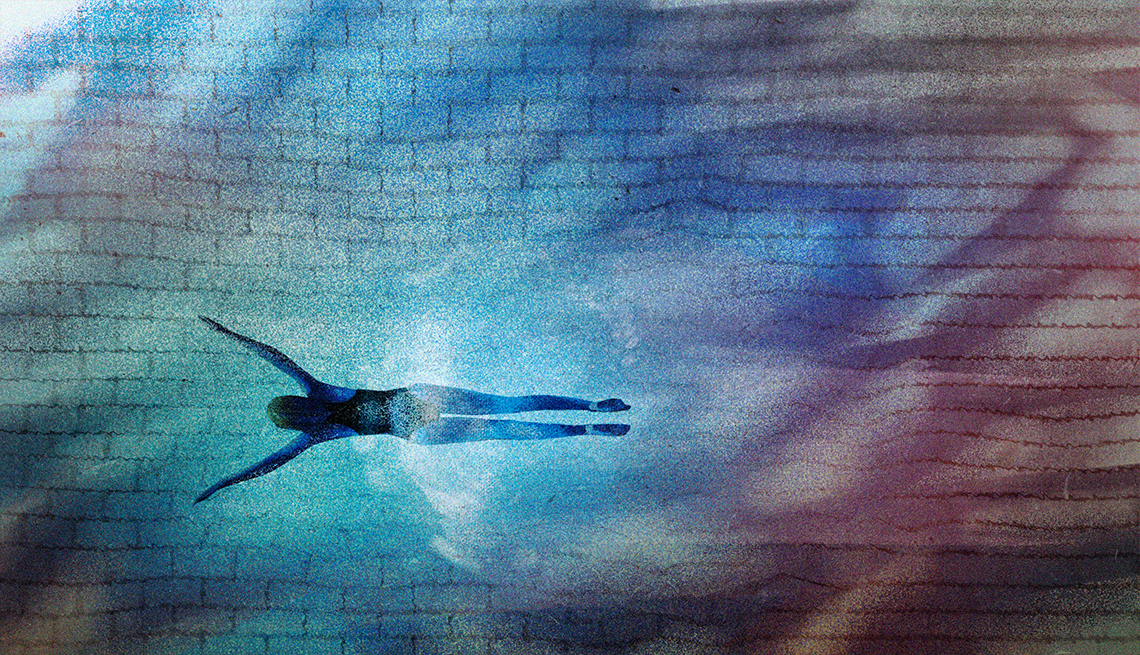
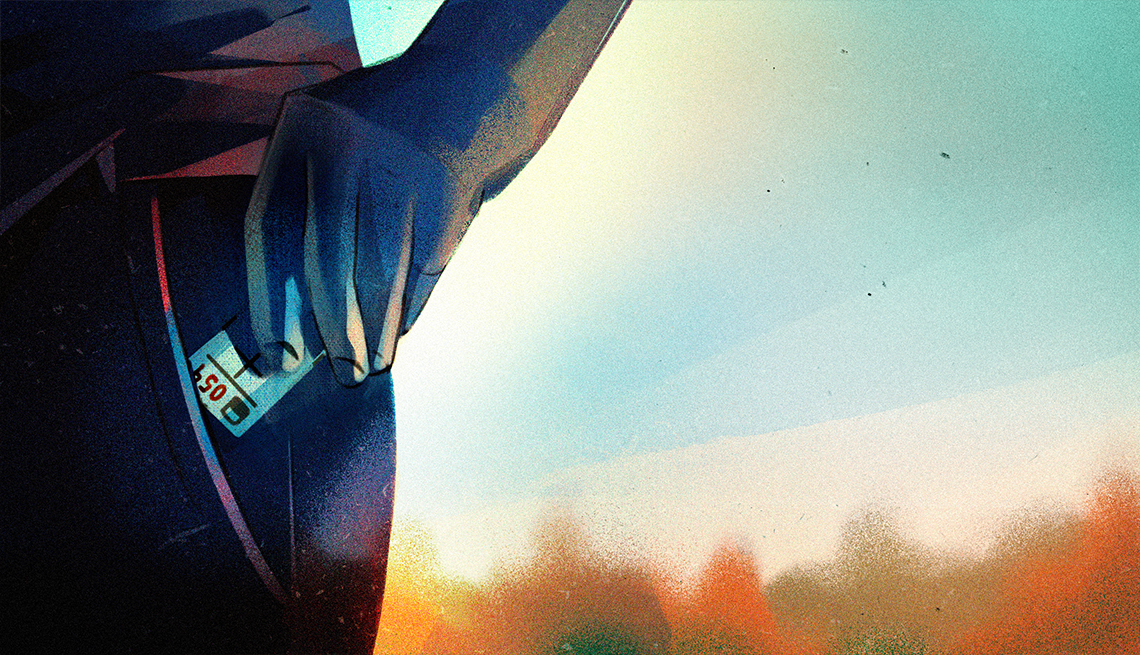

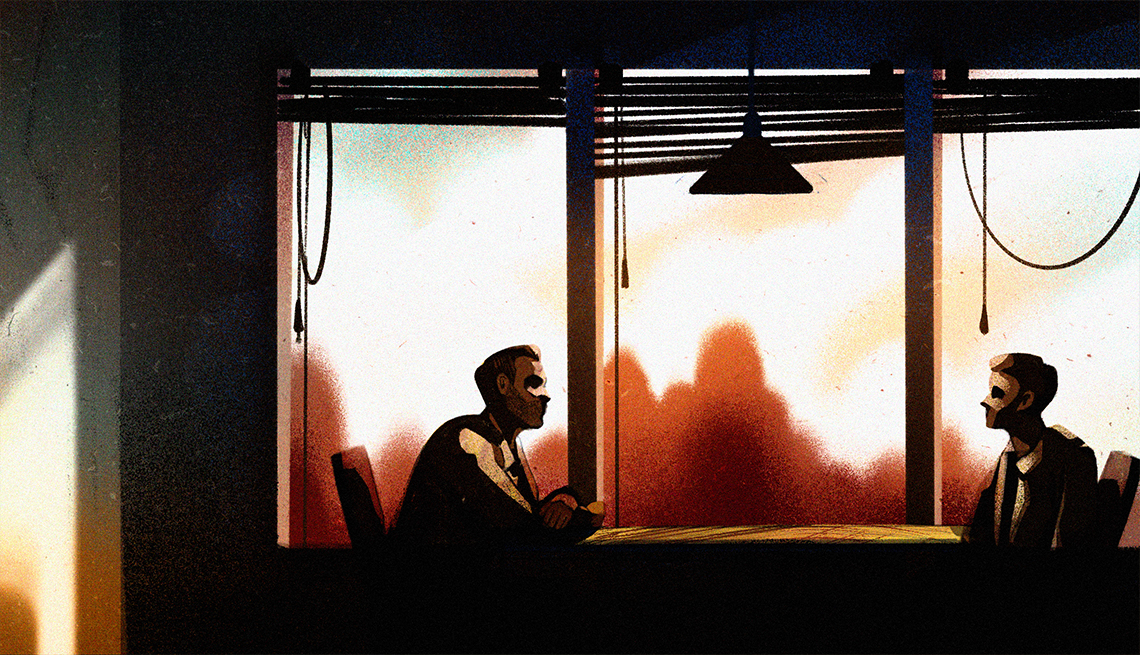
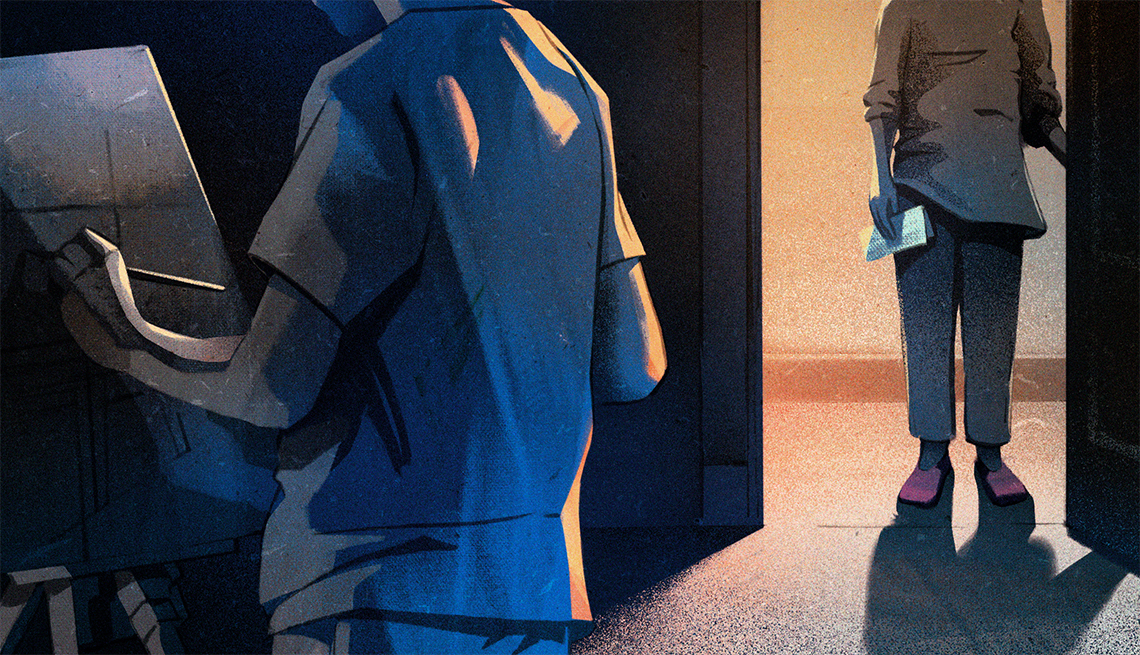
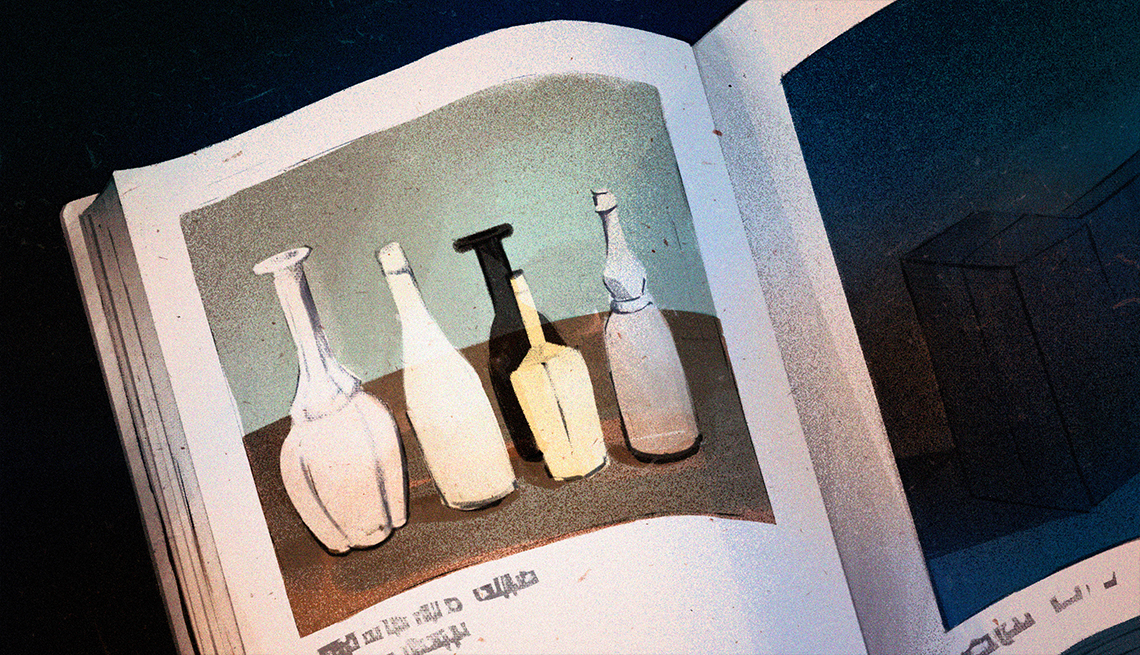
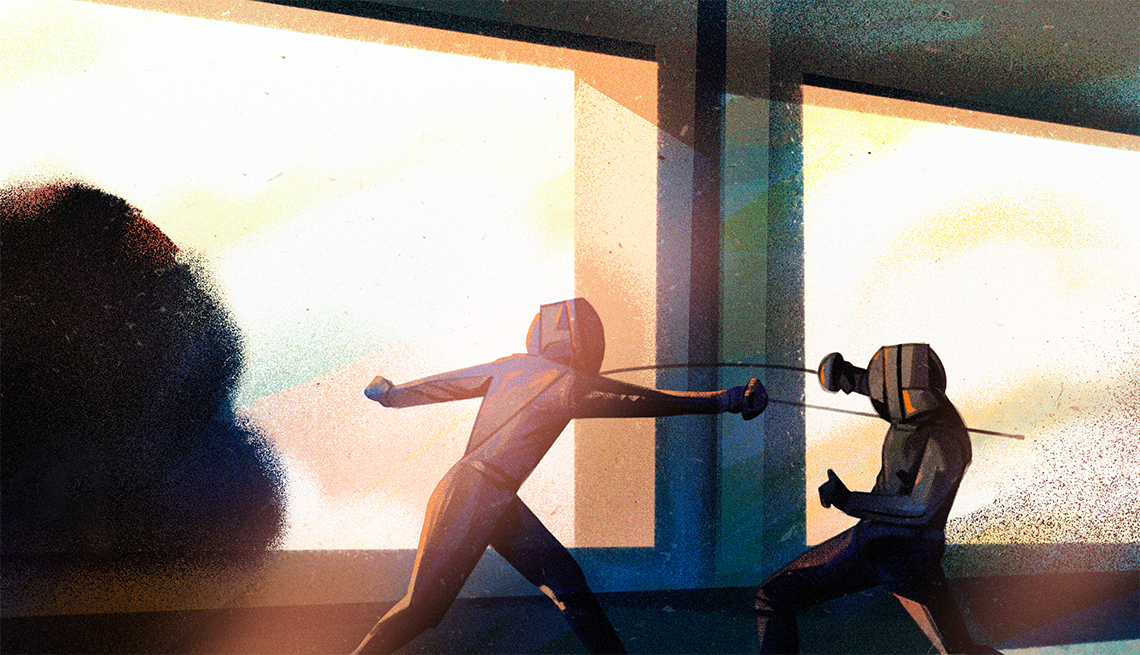
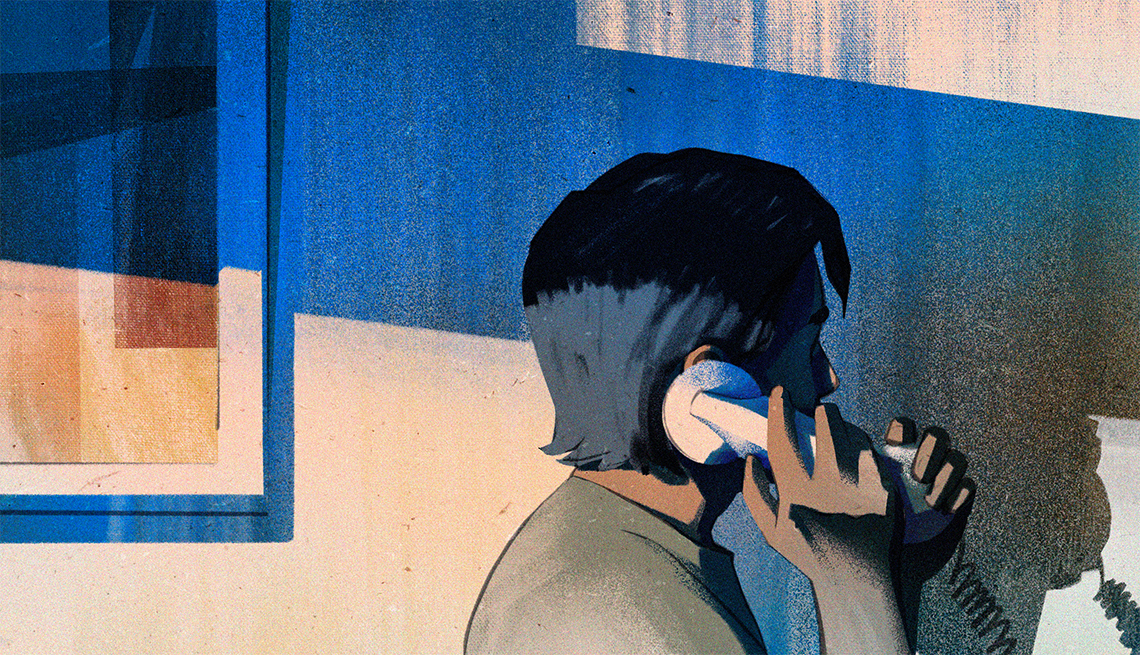
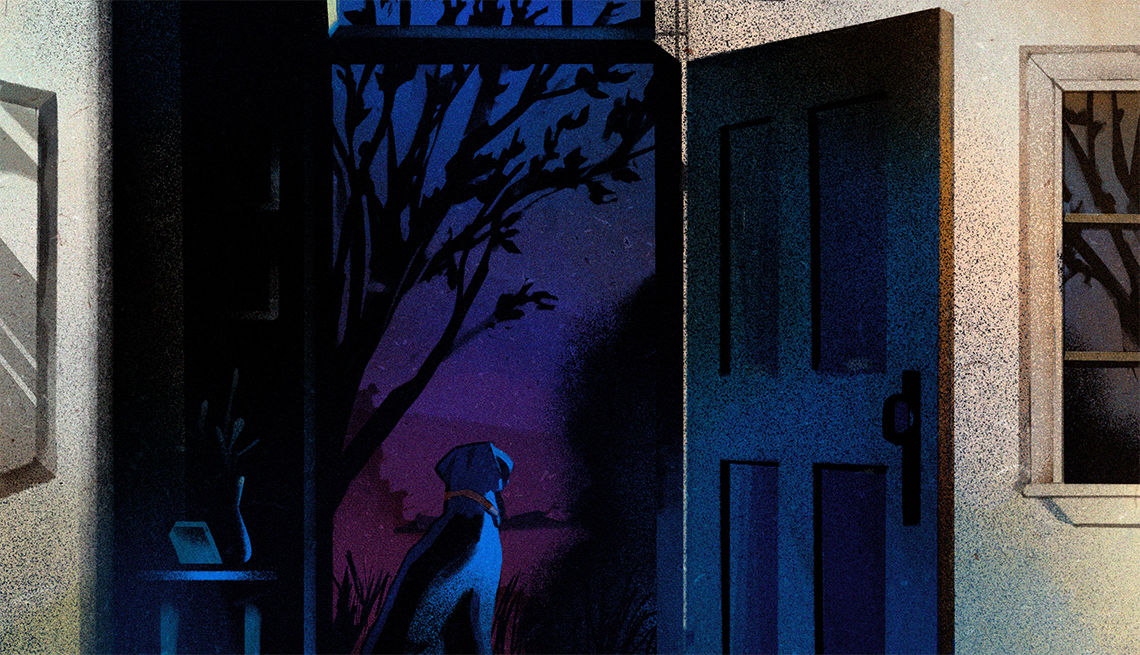
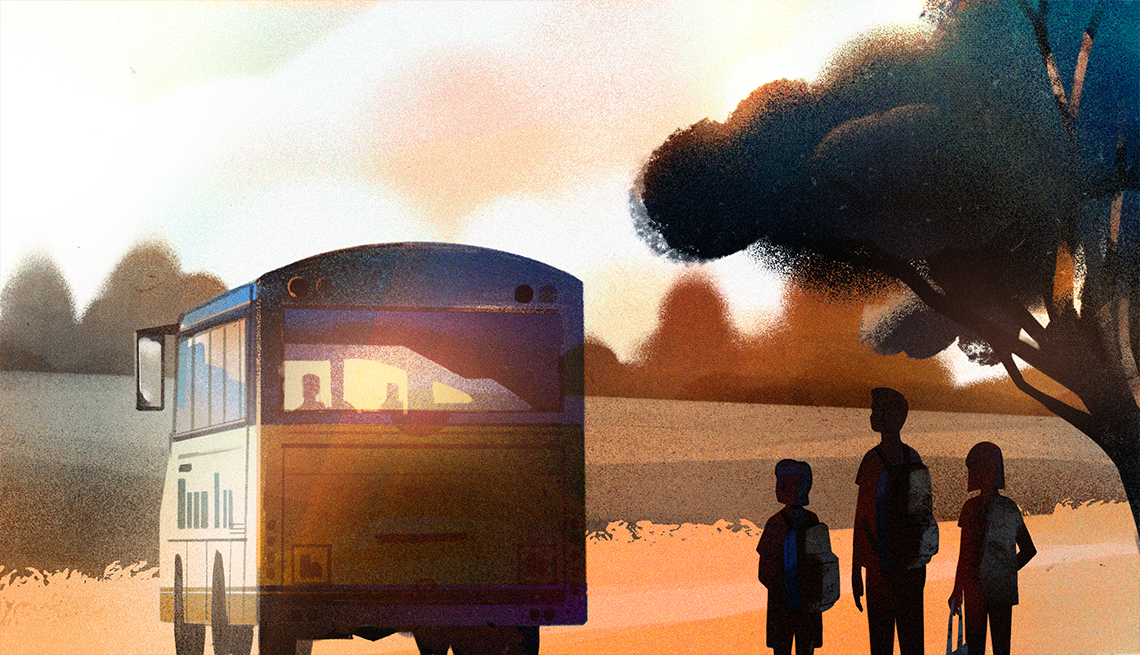
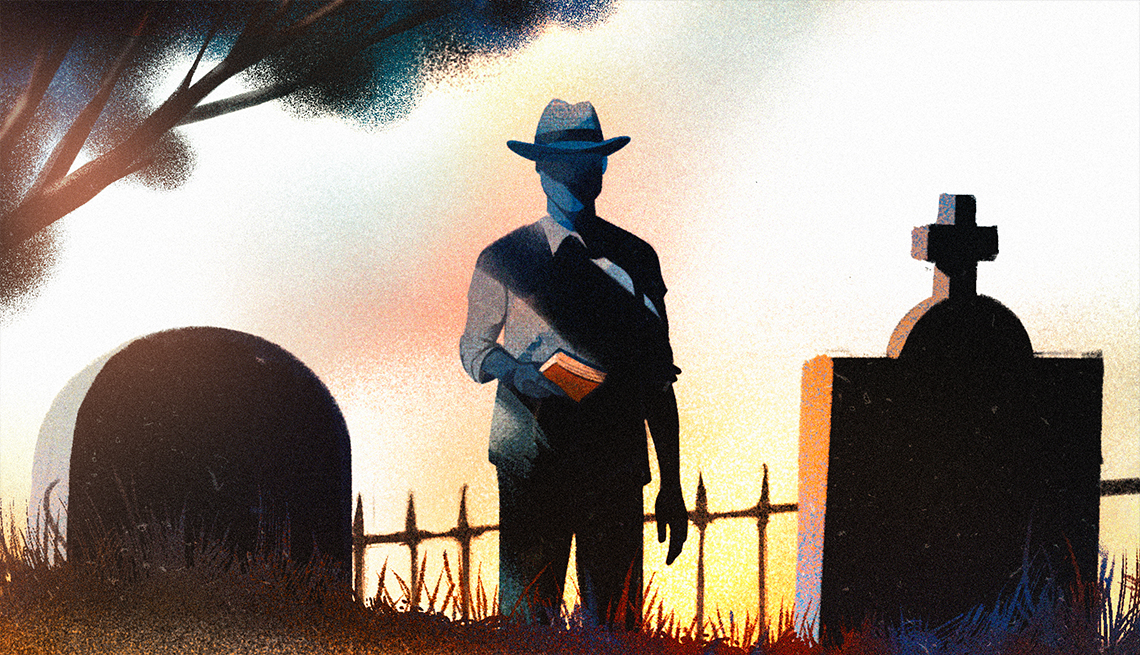
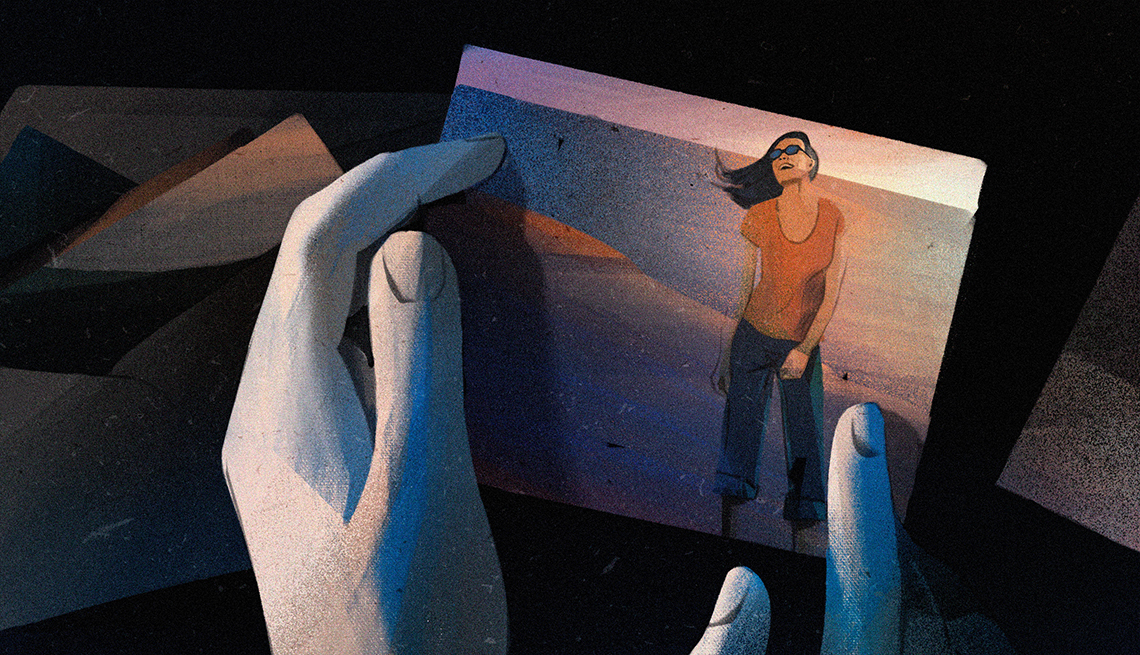
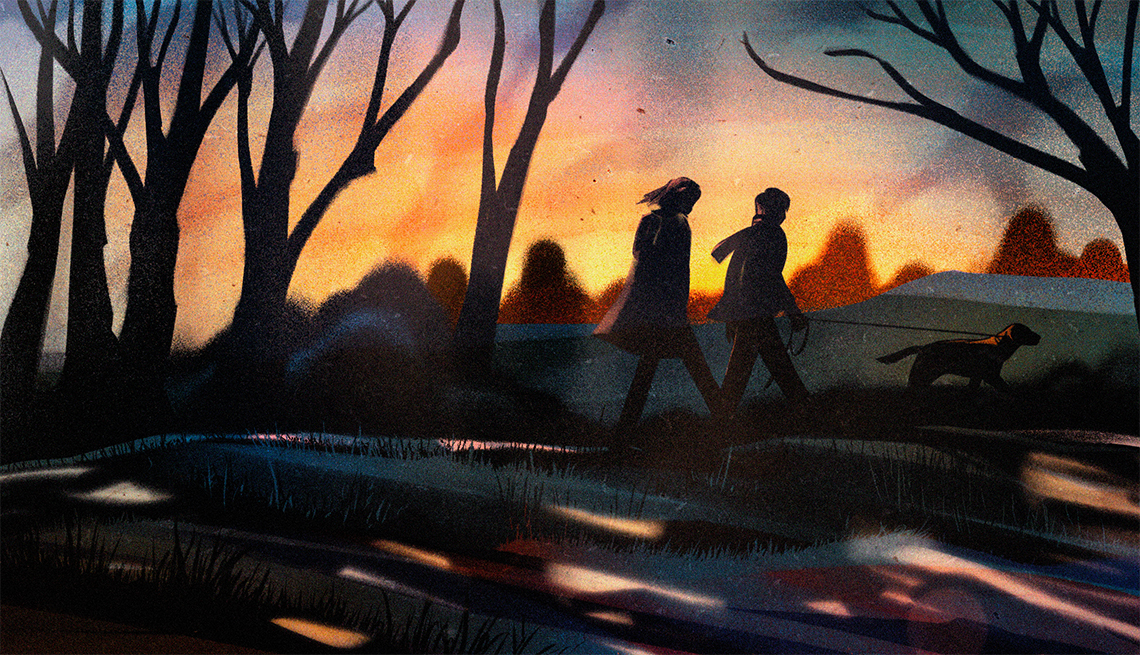
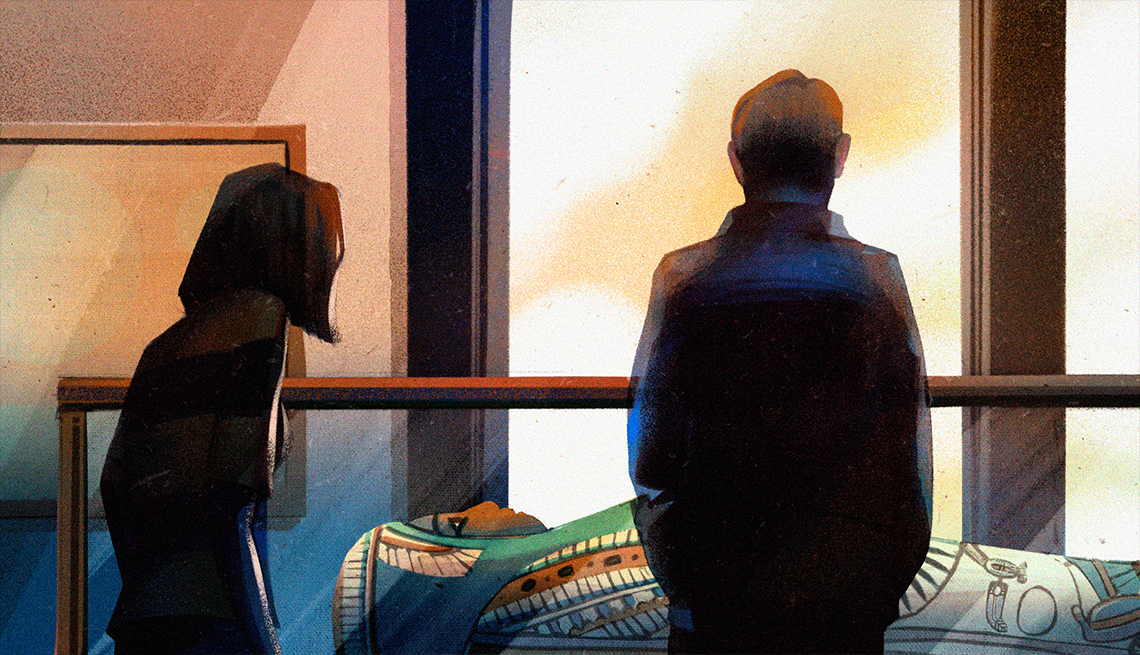
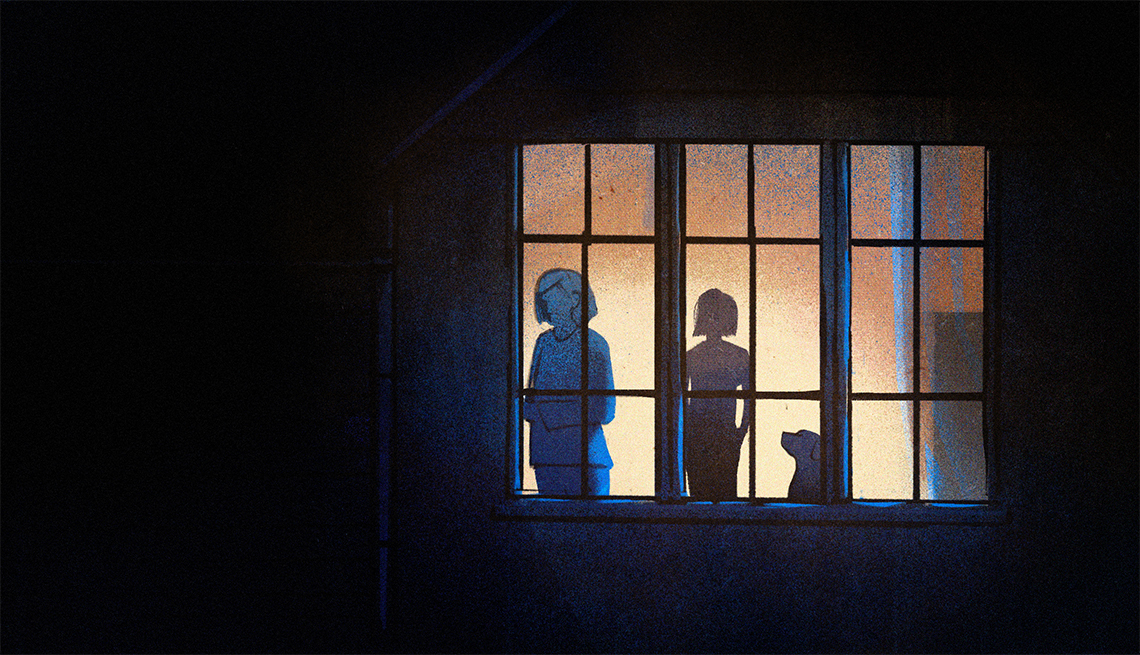
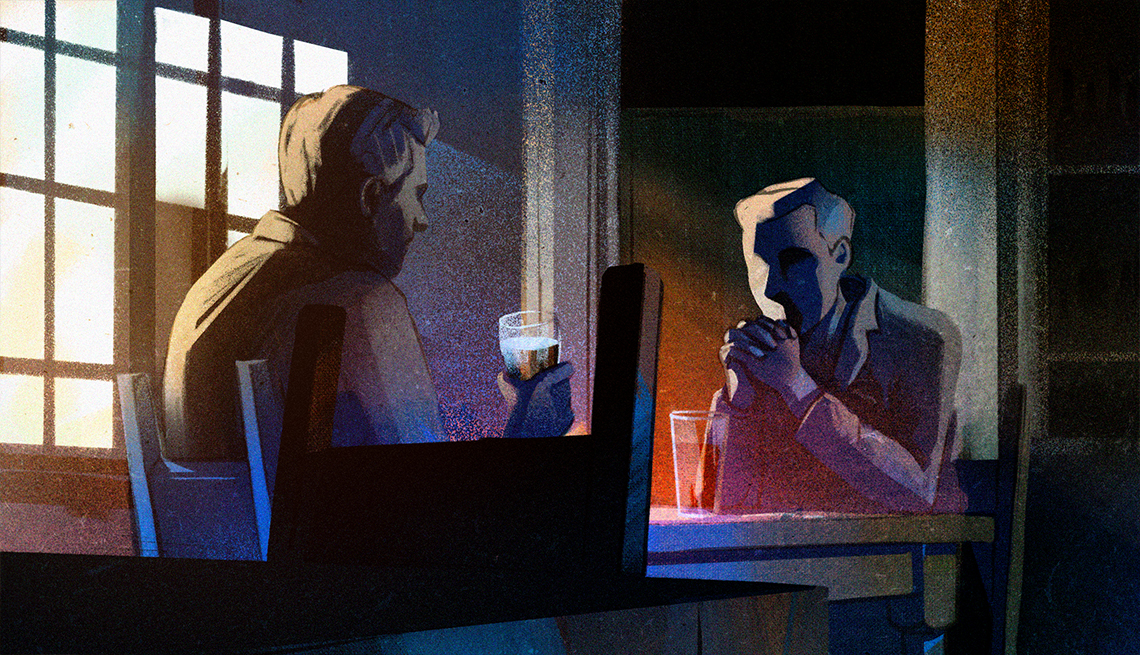



More From AARP
Free Books Online for Your Reading Pleasure
Gripping mysteries and other novels by popular authors available in their entirety for AARP members